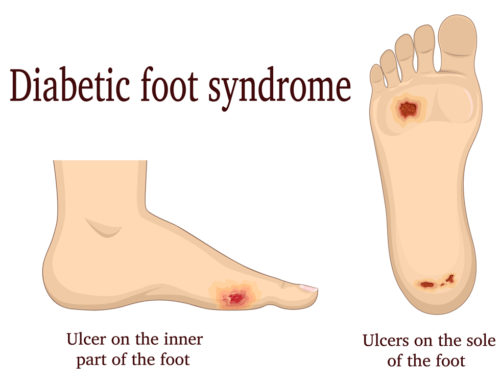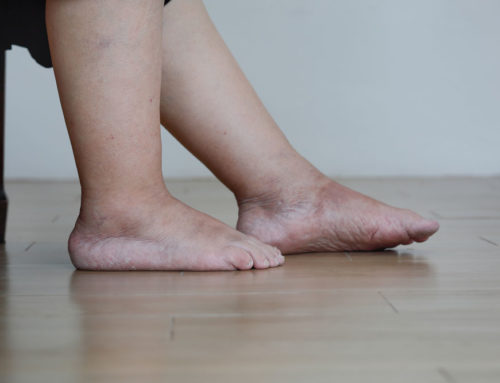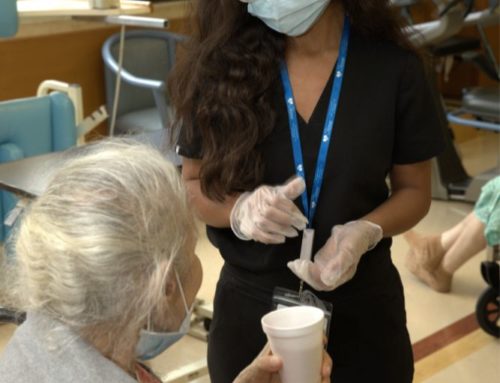How To Prevent Asthma Attacks
It’s estimated that more than 25 million people suffer from asthma in the US — and this figure is increasing every year. Even though it’s such a common condition, there’s no known cure for asthma. However, there are many measures that sufferers can take to prevent asthma attacks from occurring.
Asthma causes the airways to swell, restricting the amount of air getting to the lungs. Symptoms include tightness in the chest, wheezing, and trouble breathing. Asthma can be life-threatening if not managed correctly. If you have been diagnosed with asthma, try some of these handy tips to control your asthma and prevent attacks.

1. Make lifestyle changes to prevent asthma attacks
We’re all told about how physical activity can help us improve our overall health. Just because you suffer from asthma doesn’t mean you should avoid exercise. In fact, with regular exercise you can improve your lung capacity and actually ease the symptoms.
Before starting on any exercise regime, speak with your doctor. They can advise you on the amount and the best type of exercise to help prevent future asthma attacks.
If you’re a smoker, giving up smoking will go a long way towards controlling your asthma. Also losing weight and eating a healthy, balanced diet may improve your asthma symptoms.
2. Follow your own asthma action plan
Together with your doctor or healthcare team, come up with a step-by-step plan to prevent asthma attacks. This detailed plan should include:
- A schedule for taking medications
- List of symptoms to look out for
- Information on how to manage flare-ups
- When to seek emergency assistance
Become familiar with your personal plan and make sure family and friends and those around you have a copy.
3. Get the flu and pneumonia vaccines
As the winter months approach, the risk of contracting influenza and pneumonia increases, especially for the elderly. If you are asthmatic, flu and pneumonia heighten the risk of it flaring up. Keeping up-to-date with your vaccinations will prevent asthma attacks from occurring.
4. Identify what triggers your asthma and prevent exposure and attacks
One of the most effective methods to control and prevent asthma attacks is to identify what triggers them. These triggers vary from person to person and can include pollen, mold, pet hairs, or even cold air. Finding out what your triggers are may take a bit of investigation. Once you identify what triggers your asthma, take steps to avoid them and prevent attacks coming on.
5. Take the medication you’ve been prescribed
It’s easy to get complacent and think your asthma is improving because you haven’t had an attack for a while. Always continue taking any medication that’s been prescribed. If you think your asthma is improving, speak with your physician. They can decide if your medications need to be reduced or changed.
But it’s equally important not to become too reliant on your quick-relief inhaler. If you find you’re using it too frequently, then your asthma is not under control. Again, discuss this with your doctor and let them make any necessary adjustments to your treatment.
Here at Fairview Rehab & Nursing Home in Queens, NY, we take asthma very seriously. We work with our residents to implement an asthma plan and ensure they are up-to-date with their vaccines. If you need rehab or nursing care for your loved one and would also like to find out how to prevent asthma attacks and its complications, speak with one of our experienced team members.
This article contains informational and educational materials and does not replace health or medical advice. For questions or concerns regarding your medical condition or health objectives, speak to a qualified physician or healthcare provider.






Leave A Comment